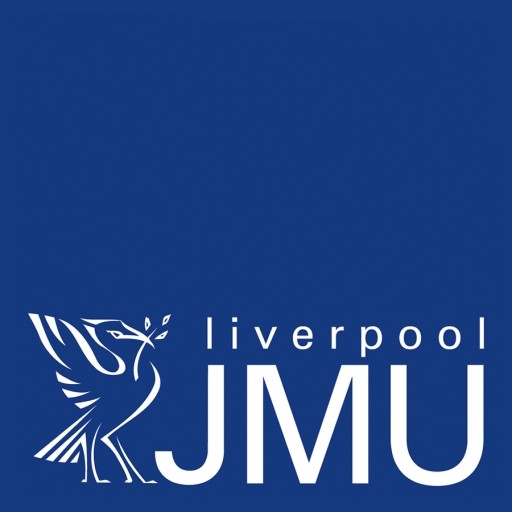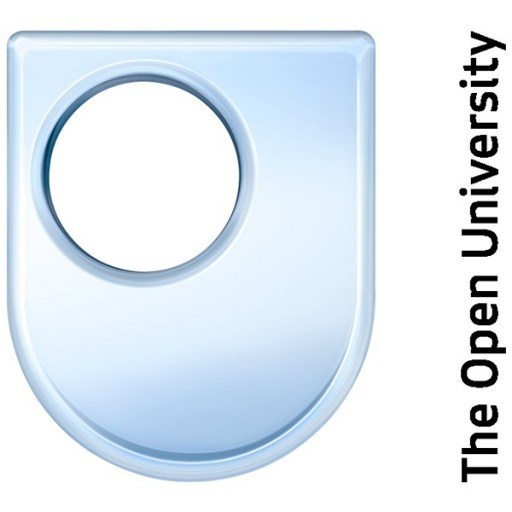Criminology at Liverpool John Moores University offers an in-depth exploration of crime, criminal behavior, and the criminal justice system. This degree programme is designed to provide students with a comprehensive understanding of the social, psychological, and legal aspects of crime and deviance. Throughout the course, students will examine a wide range of topics including the causes and consequences of criminal activity, criminal justice policies, and the effectiveness of crime prevention strategies. The programme combines theoretical knowledge with practical skills, enabling graduates to critically analyze criminal phenomena and develop solutions to real-world issues related to crime and justice. Students will engage with contemporary debates and research in criminology, gaining insights into issues such as the impacts of crime on communities, the role of law enforcement agencies, and the social justice implications of criminal policies. The course also emphasizes employability skills, offering opportunities for work placements and collaborations with criminal justice organizations. Academic staff are actively involved in research, ensuring that students are taught with the latest insights and evidence from the field. By the end of the programme, graduates will be equipped with analytical skills, research expertise, and a nuanced understanding of the criminal justice system, preparing them for careers in law enforcement, social work, policy development, forensic analysis, and related fields. The programme fosters a critical perspective on crime and justice, encouraging students to consider ethical issues and societal impacts associated with criminal activities and responses. Liverpool John Moores University’s criminology degree aims to shape engaged and informed professionals who can contribute positively to society by understanding and addressing crime-related challenges in various contexts.
The study of criminology isn't just about the institutions of the criminal justice system. You will also study areas like corporate crime, state crime, miscarriages of justice and inequalities relating to age, class, gender and race.
This interdisciplinary BA course gives you the chance to look at criminology from the perspective of other disciplines such as geography, history, psychology, political science and sociology giving you a much broader understanding of the subject and a rich choice of careers.
Throughout the course, you will be encouraged to develop your critical thinking skills by questioning what we mean by the terms ‘crime’, ‘criminals’, ‘punishment’ and ‘justice’.
For example, how are such terms constructed and what are the implications for practice? In the third year, you will have an opportunity to explore crime and criminal justice issues in an international context on the International Fieldwork Module and to complete a work-based placement on the Professional Studies module.
Level 4
- Introduction to Criminological Theory
- Criminology in Action
- Inside the Criminal Justice System
- Researching Crime and Justice
- Media, Crime and Victimisation
- Contemporary Issues in Criminology
Level 5
- Advanced Criminological Theory
- Criminology into Practice
- The Politics of Social Control
- Imagining Crime: Progressive Criminological Theory
- Local and Global Criminology
- Criminological Research Enquiry
Level 6
The following options are typically offered:
- Dissertation: Proposition and Development
- Dissertation
- Interchange: Working with Communities
- Interchange: Community-based Learning
- Eco-Global Crime and Harm
- International Fieldwork in Criminology, including a week long international residential (current destination Slovenia)
- Police, Power and Social Order
- Drugs, Intoxication and Society
- Children and Young People 'at Risk'
- Theorising Sexed Violence
- Human Rights
- Crime, Media, Culture
- Justice, Ethics and Responsibility
- Children and Young People in Conflict with the Law
- Crime, Space and Place
- Security, Crime and Terrorism
- Criminalisation, Punishment and the State
Requirements
- Successful completion of a first year of Bachelor degree/Bakalvr from a recognised institution or a Diploma of Completed Specialised Secondary Education (basic level) will be considered.
- Make sure you add as much detail as possible – including grades and results. Without enough information universities might struggle to make a decision.
- The application fee is £13 if you’re applying to just one course, or £24 for multiple courses
- All academic transcripts
- Copies of degree/diploma certificates or work reference (if employed)
- One academic reference
- An English Language test score (IELTS) 6.0
- Your personal statement
- Copy of your valid passport (with a minimum of 6 months left before expiration)
Scholarships
- John Moores International Undergraduate Scholarship
- English for Undergraduateand Postgraduate Studies Bursary
Criminology at Liverpool John Moores University offers a comprehensive exploration of the criminal justice system, theories of crime, and the societal impacts of criminal behavior. The program is designed to provide students with a deep understanding of the causes and effects of criminal activity, alongside insights into policing, law enforcement, and penal institutions. Students engaging with this course will examine topics such as criminal justice policy, forensic psychology, juvenile delinquency, cybercrime, and victimology, equipping them with the analytical skills necessary to evaluate criminal proceedings and interventions.
The program emphasizes practical learning through case studies, simulations, and opportunities for work placements, which facilitate real-world experience in criminology and related fields. Liverpool John Moores University maintains strong links with law enforcement agencies, criminal justice organizations, and community groups, enriching the academic experience with relevant industry insights and networking opportunities.
Students will develop critical thinking, research skills, and a comprehensive understanding of the legal processes involved in crime detection, investigation, and prosecution. The curriculum integrates theoretical frameworks with applied methods, preparing graduates for careers in criminal justice, law enforcement, forensic analysis, or related sectors.
The course is typically delivered through lectures, seminars, workshops, and independent study. Assessment methods may include essays, presentations, examinations, and research projects, encouraging a diverse range of learning strategies. The program aims to foster a global perspective on crime and justice issues, accommodating the increasingly interconnected nature of modern criminal activity.
Graduates of the Criminology program may pursue employment opportunities in policing, corrections, probation services, research institutions, policy analysis, or further academic study. The university also supports students’ personal development by offering academic skills workshops, career guidance, and access to a vibrant student community. Over the duration of the program, students gain not only academic knowledge but also transferable skills such as effective communication, ethical judgment, and problem-solving, essential for a variety of professional contexts.



